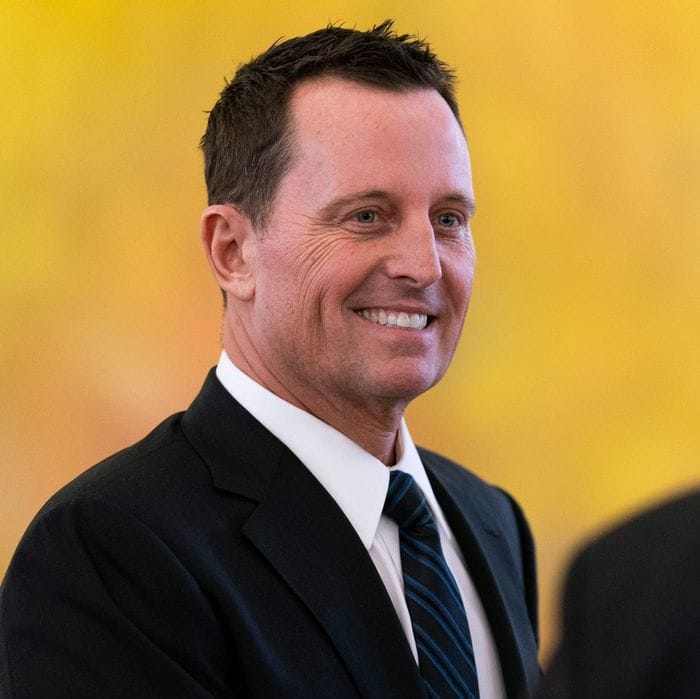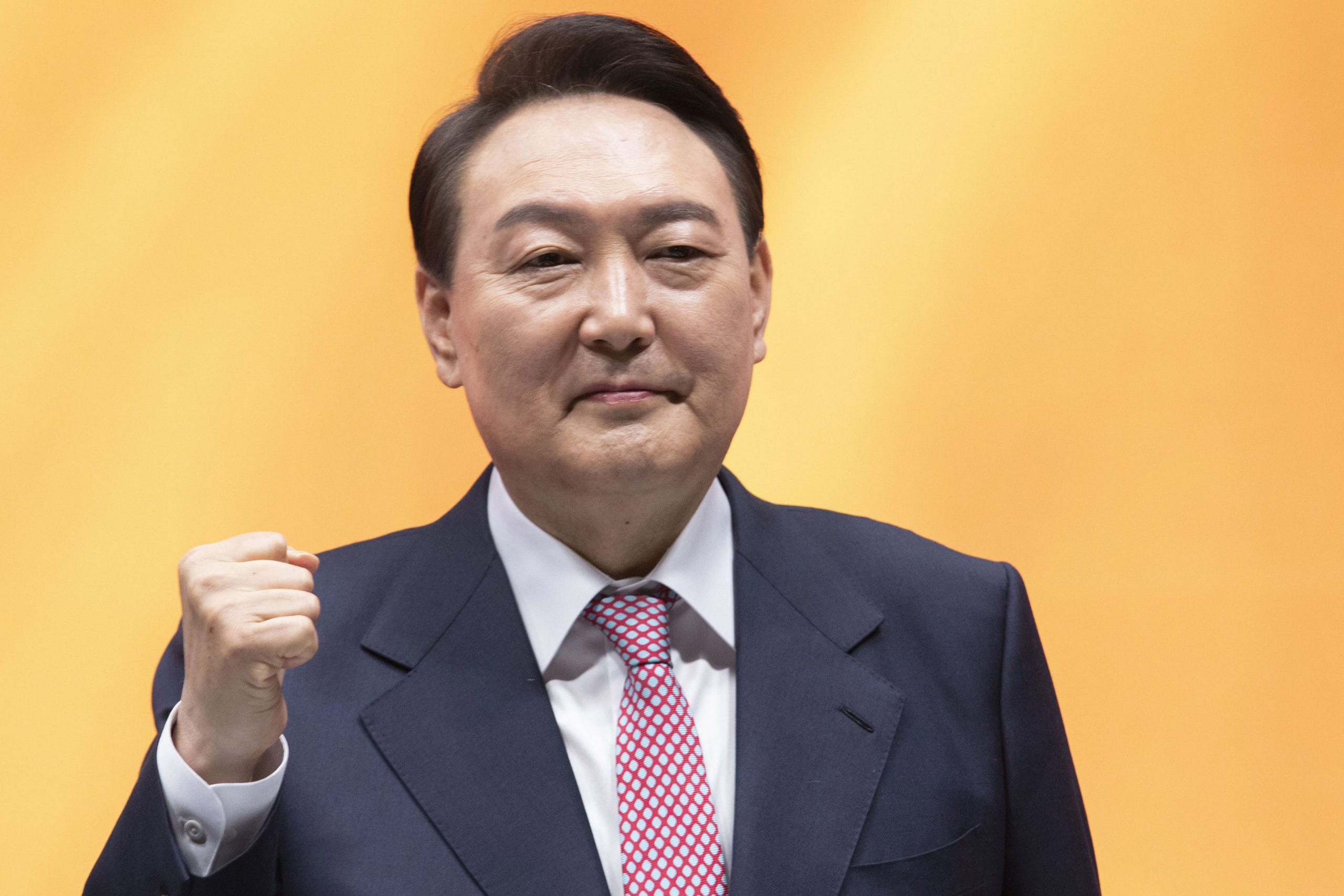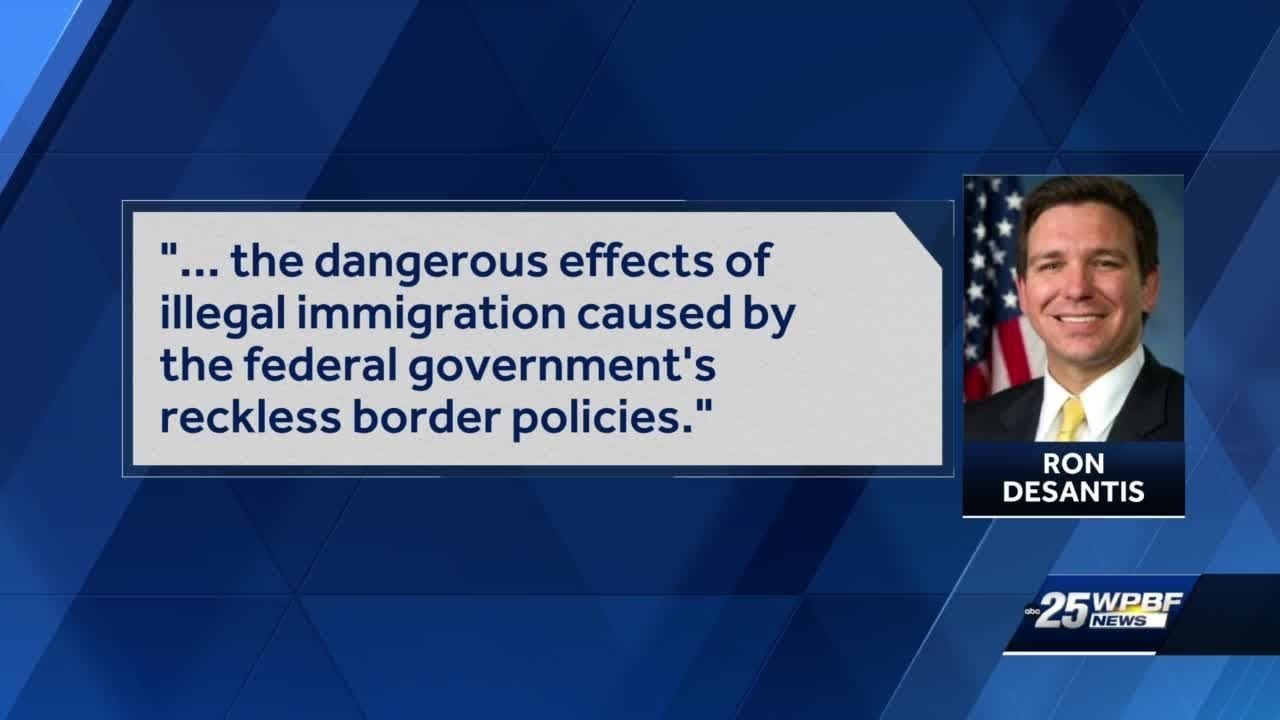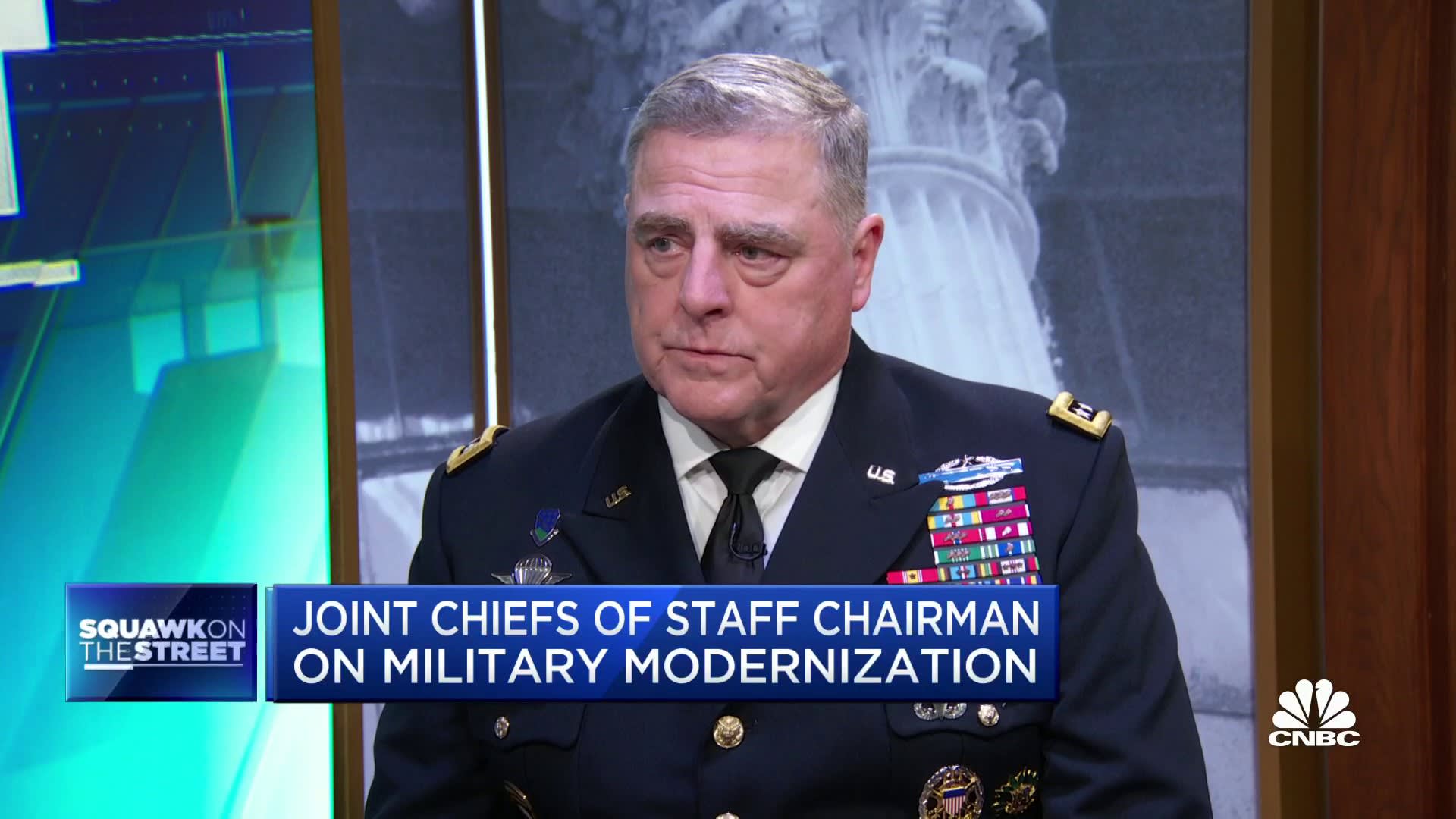Richard Grenell, known for his tenure as the acting Director of National Intelligence and as the U.S. Ambassador to Germany, has been appointed by former President Donald Trump as his special envoy for diplomatic missions. This new role aims to utilize Grenell’s expertise and connections to enhance U.S. diplomatic efforts on various international fronts.
Grenell’s appointment comes at a time when the United States is navigating complex global challenges, including tensions with China, the ongoing situation in Ukraine, and the evolving dynamics in the Middle East. His previous experience in high-stakes diplomatic environments positions him as a suitable candidate to tackle these issues effectively.
During his time as the U.S. Ambassador to Germany from 2018 to 2020, Grenell was known for his outspoken approach and willingness to engage in direct conversations with foreign leaders. His tenure was marked by a focus on strengthening U.S.-Germany relations, while also advocating for increased defense spending among NATO allies. Grenell’s assertive style has drawn both praise and criticism, but it has undeniably made him a recognizable figure in international diplomacy.
In his new role as special envoy, Grenell is expected to engage with a variety of countries to promote U.S. interests, negotiate agreements, and address pressing global issues. His strong alignment with Trump’s policies and priorities suggests that he will likely pursue initiatives that reflect the former president’s vision for America’s role on the world stage.
The appointment of Grenell also signals Trump’s continued influence within the Republican Party and his commitment to maintaining a robust foreign policy agenda, even as he prepares for a potential return to the presidency in the upcoming election. Grenell’s close relationship with Trump, established during their time in office together, positions him as a trusted advisor and representative for the former president’s diplomatic initiatives.
As Grenell steps into this new position, he will likely focus on several key areas. One priority may be addressing the U.S.-China relationship, which has become increasingly strained in recent years. Grenell’s previous experience in international negotiations will be crucial as he seeks to navigate the complexities of trade, security, and human rights issues that characterize U.S.-China relations.
Another area of focus could be the ongoing conflict in Ukraine, where the U.S. has played a significant role in supporting the Ukrainian government against Russian aggression. Grenell’s diplomatic skills may be instrumental in fostering alliances with European partners and ensuring a coordinated response to the crisis.
Additionally, Grenell may work on initiatives related to the Middle East, where U.S. interests have been challenged by shifting alliances and ongoing conflicts. His familiarity with the region and previous diplomatic engagements could provide valuable insights as he seeks to strengthen partnerships and promote stability.
The role of special envoy is not without its challenges. Grenell will need to navigate a complex international landscape, balancing competing interests while advocating for U.S. policies. His success in this position will depend on his ability to build relationships with foreign leaders and effectively communicate U.S. priorities.
In conclusion, Richard Grenell’s appointment as special envoy for diplomatic missions marks a significant step in Trump’s ongoing efforts to shape U.S. foreign policy. With his extensive experience and close ties to the former president, Grenell is poised to play a key role in advancing U.S. interests on the global stage. As he embarks on this new chapter, the international community will be watching closely to see how his diplomatic approach unfolds in the face of pressing global challenges.



